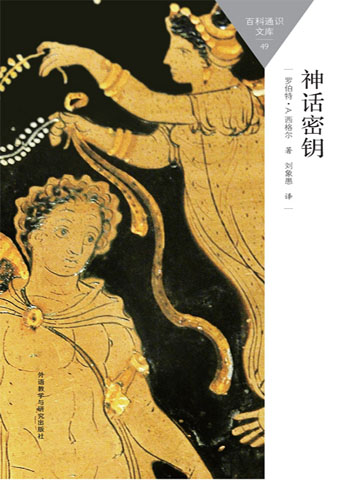为你解开神话如何诞生的谜题。
爱神的宠儿阿多尼斯,弑父娶母的俄狄浦斯,他们的神话故事缘何而生,又是怎样产生的?缘何代代相传,又是怎样传承的?本书以人类学、社会学、心理学、文学批评、哲学、宗教研究等不同学科为依托,阐述神话研究的种种方法,对神话的一系列功能和意义作出说明,为读者带来一次与神话理论的亲密接触。
Where do myths come from? What is their function and what do they mean? In this Very Short Introduction Robert Segal introduces the array of approaches used to understand the study of myth. These approaches hail from disciplines as varied as anthropology, sociology, psychology, literary criticism, philosophy, science, and religious studies. Including ideas from theorists as varied as Sigmund Freud, Claude Levi-Strauss, Albert Camus, and Roland Barthes, Segal uses the famous ancient myth of Adonis to analyse their individual approaches and theories. In this new edition, he not only considers the future study of myth, but also considers the interactions of myth theory with cognitive science, the implications of the myth of Gaia, and the differences between story-telling and myth.
- 版权页
- 绪论:神话理论种种
- 第一章 神话与科学
- 第二章 神话与哲学
- 第三章 神话与宗教
- 第四章 神话与仪式
- 第五章 神话与文学
- 第六章 神话与心理学
- 第七章 神话与结构
- 第八章 神话与社会
- 结语:神话研究的未来
- 书评 写书评
- 笔记
-
书评加载中...













 京公网安备 11010802032529号
京公网安备 11010802032529号
笔记加载中...